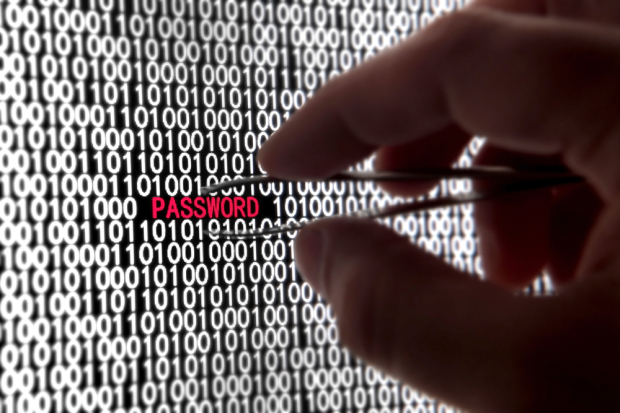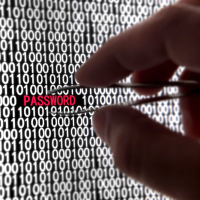One of the most common mistakes that people make when setting up online accounts is creating secure passwords that are weak and easy to crack by hackers. When hackers attempt to hack into an account, they can run through multiple searches at a time, and quickly pick up on all the little tricks that people use to “personalize” their login information.
A strong password is the most basic form of online security you could have. Your password unlocks everything from your bank account to your email account, and if it is inadequate then a total stranger could gain access to your most personal information.

1. Make Different Passwords for Different Accounts
One of the most common mistakes people make when setting their passwords is using the same code for all of their accounts. Often people don’t want to remember more than one password, so they use the same one for everything.
Yet, this is a very dangerous thing to do. If a hacker were to gain access one of your accounts, they would likely try that same password on all other accounts, gaining access to every protected online space you have. If you use one email address for all of your information (as opposed to a personal and a work address), they would then have access to everything else, including your online banking and social networking pages.
2. Avoid Incorporating Personal Information
When coming up with a password, individuals like to incorporate aspects of their personal life- such as birth dates and the names of pets or family members. Because pages like Facebook have become so popular, it is becoming increasingly easy to access personal information about people.
For example, if a hacker finds your online social profile and sees that your dog’s name is Spot, it’s only natural for them to try that as a possible password.
3. Use characters, Upper and Lowercase letters, and Numbers
Simple passwords consisting only of letters are a thing of the past. There are only so many words and names in the dictionary, so complete words are easy to scan through. Needless to say, passwords that consist only of numbers (for example 12345) are easy to find as well.
It is important to make your password a unique combination of letters (both upper and lower case), numbers, and special characters (@#$%^&*). By changing a letter to a special character, your password is much more protected. The longer your password is, the harder it will be for the hacker to find the exact combination.
4. Change Your Passwords Frequently
This is also an important aspect of password protection that is commonly overlooked. The longer you use the same password for an account, the higher the risk that it will be cracked. If you are one who usually forgets to do things like change your email password, try setting a schedule or an alert on your computer to remind you to do so. Wisegeek.com recommends every three to six months.
5. Use Online Password-Strength Checkers
There are numerous online sites where you can enter your proposed password to test its strength. Many sites now include this when signing up and creating a login. Sites like Passwordmeter.com will even go so far as to tell you what your password is lacking to make it more secure.
However, be aware that you have entered your password into the strength-checker site, and therefore they have record of your submission. When you find a password that the site says is strong, it might be a good idea to change it in a couple more ways just to be safe.
Keeping your passwords safe is integral, especially if you run a business. With so much of our personal information online, it’s critical that it’s kept locked behind the closed doors of your successful password.
